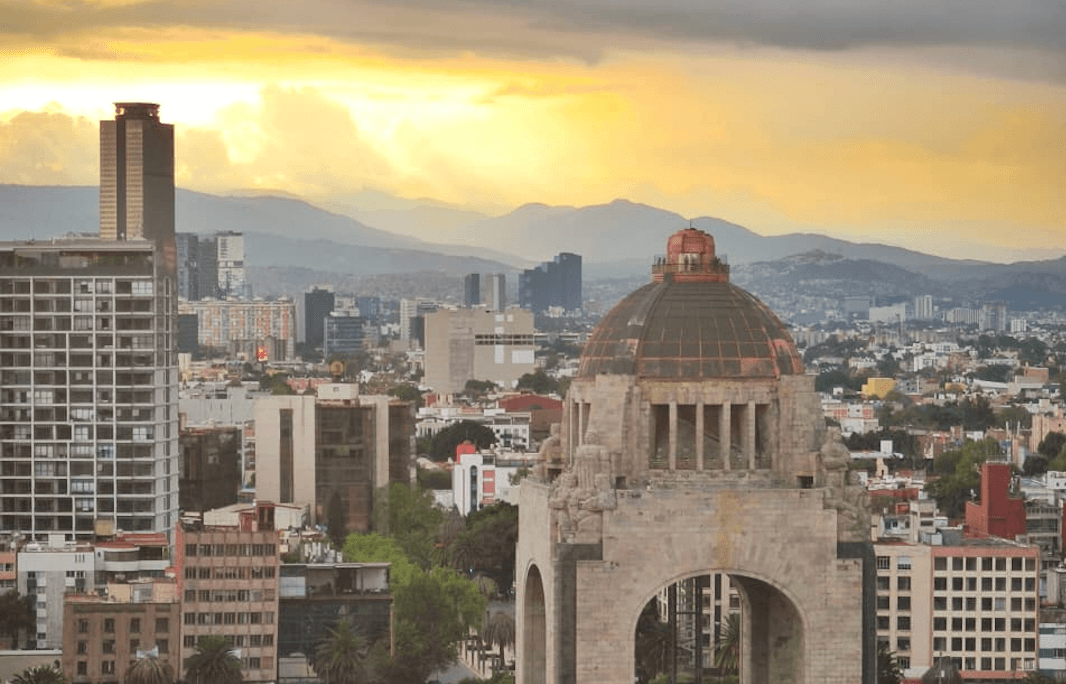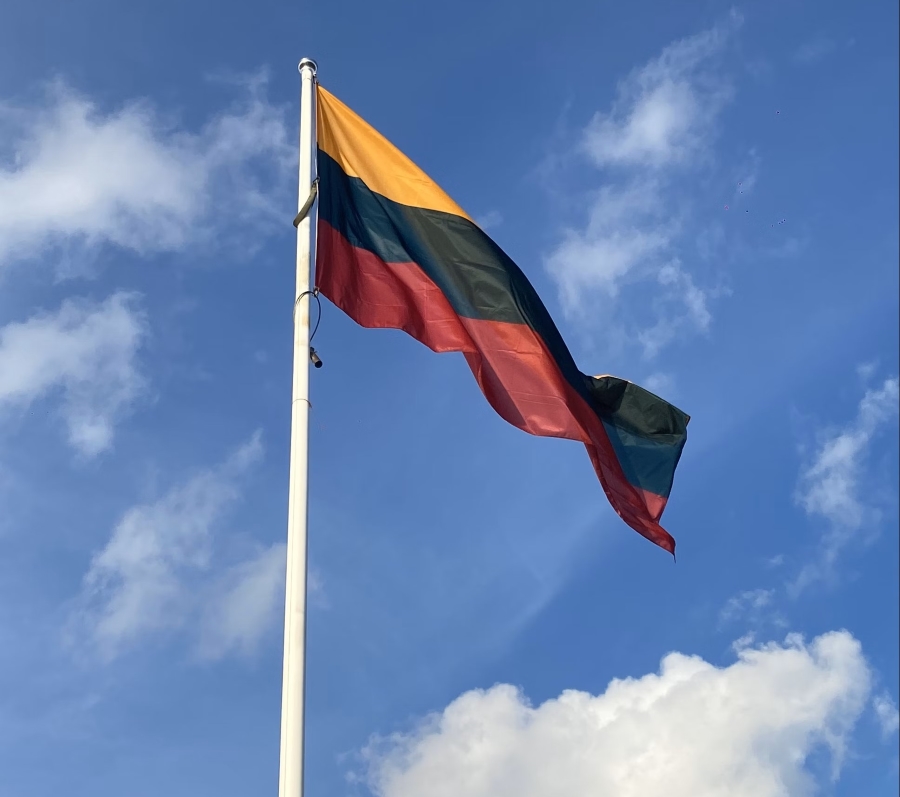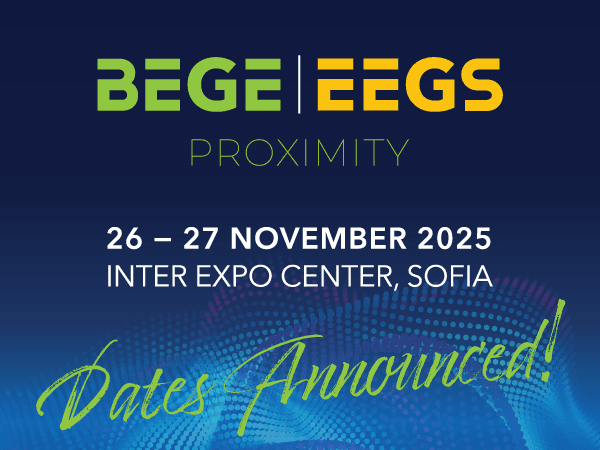According to Reuters, internal Meta documents suggested the company may have served users up to 15 billion “high-risk” scam ads per day, generating around MYR24.9 billion ($7 billion) in annualized revenue. Meta rejected this characterization, saying the 10.1% estimate was “rough and overly inclusive” and did not accurately reflect its ad revenue sources.
Between January 1 and November 4, 2025, Malaysian authorities requested the removal of 157,208 illegal ads and 44,922 scam ads, most originating from Meta’s platforms, including Facebook and Instagram. These numbers far exceeded takedown requests issued to TikTok, Telegram, X (formerly Twitter), and YouTube.
MCMC data shows gambling-related content remains a major challenge, with 45,448 takedown requests on YouTube, 3,956 on TikTok, 269 on Telegram, and 11 on X. Fernandez noted Meta-linked platforms continue to host a disproportionately large volume of illicit content.
Regulators argue that tech companies profit from illegal or fraudulent activity while governments spend significant public funds policing their platforms. Fernandez warned that Malaysia may adopt tougher measures if outcomes fail to improve, including:
- Licensing requirements for social media platforms,
- Statutory rights for victims to sue repeat offenders, and
- Legal action against platforms proven to have knowingly enabled wrongdoing.
He also proposed a “public safety and online-harm rating system” for digital platforms, alongside mandatory transparency reporting, to strengthen accountability and user trust.
Meta, which operates Facebook, Instagram, and WhatsApp, pushed back against Malaysia’s social media licensing proposals, warning that heavy-handed regulation could stifle innovation. However, the company stated it remains open to continued dialogue with the government despite ongoing tensions.



 4Days ago
4Days ago















